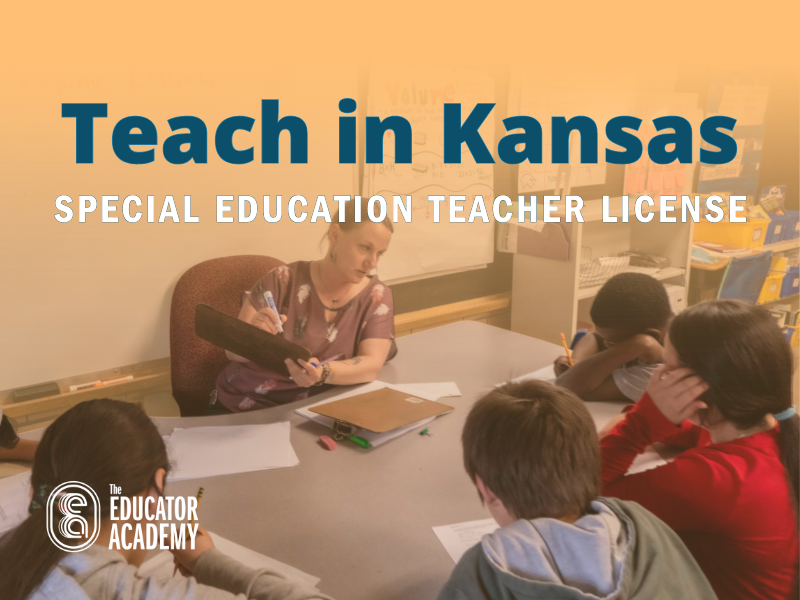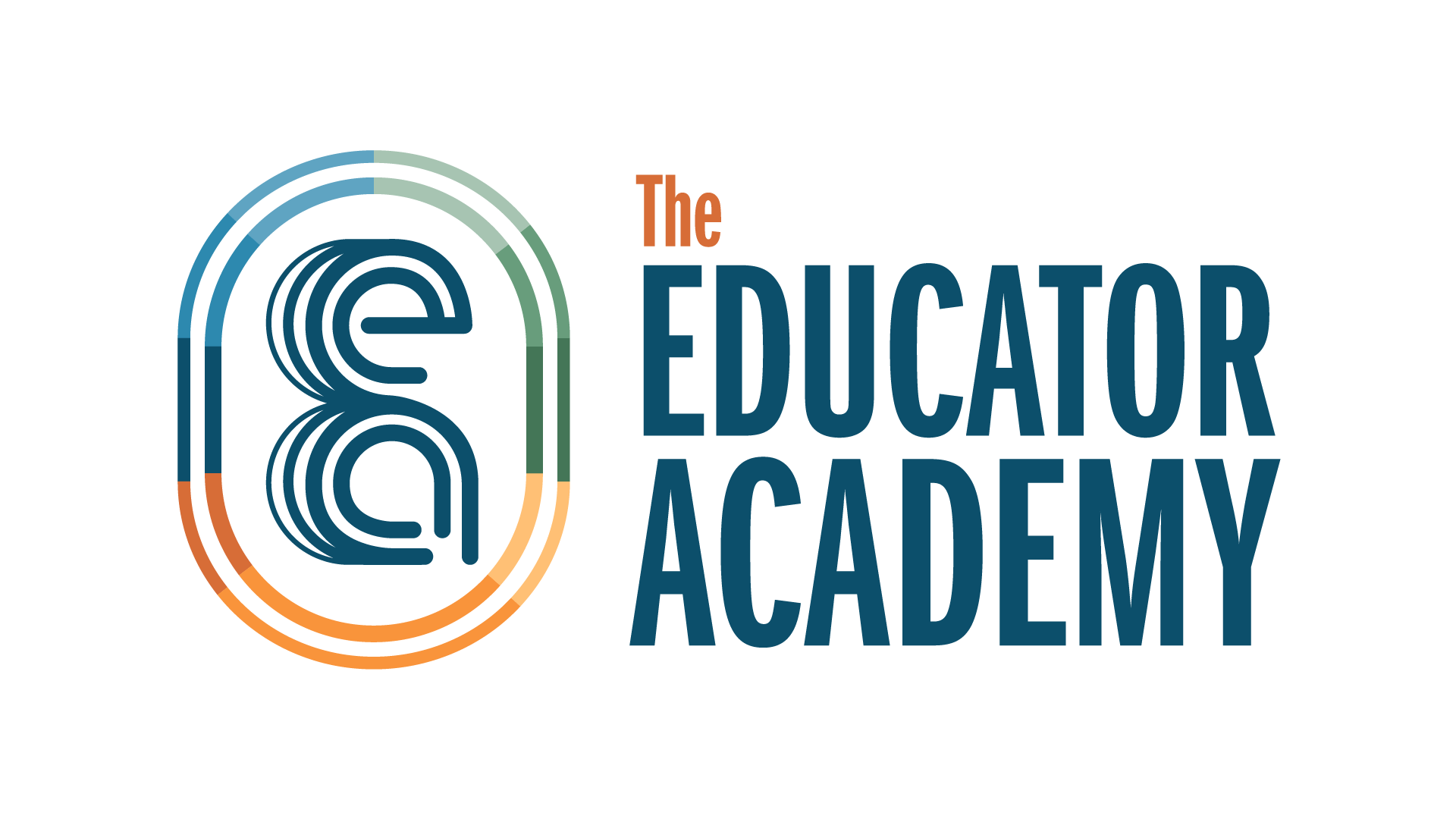
How to earn a special education teacher license in Kansas
Earning a special education teacher’s license is a key step to becoming a special education teacher. All students deserve to have high-quality teachers in front of them, and students with different learning needs are no exception. An educator can help support these students in their classrooms by pursuing and earning a special education teaching license. In order to do that, an educator must successfully complete a series of requirements. This guide will provide a breakdown of how to earn a license in Kansas, as well as some tips on how to get started.
What is a special education license?
Teachers in K-12 public schools in Kansas must hold a valid license in order to teach. These licenses a broken down into different categories called licensure areas, such as Early Childhood Education or Middle School Science. In most schools and districts, this is also a requirement to be hired. We go into more depth about teacher licensure and why it is important in this blog post.
There are several of these areas that focus on supporting students who have an IEP, or Individualized Education Plan. Kansas, specifically, breaks special education licenses down into two categories: high-incidence and low-incidence. The high incidence license prepares teachers to support students who have “mild to moderate disabilities.” This license prepares those teachers to work most frequently in push-in or pull-out modes. The low incidence license focuses on students for whom “the general education curriculum is not appropriate.” This license prepares teachers for resource rooms or other high-support contexts. In Kansas, you must hold a high incidence license before you can pursue a low incidence license.
How do I earn a special education teaching license?
A special education teaching license in Kansas can only be earned through two routes. The first option is to earn your initial license through a KSDE-approved education preparation program. The second to to earn a special education certification in a different state, and then apply for a license transfer.
KSDE-approved Education Preparation Program (EPP)
The simplest way to earn a special education teaching license in Kansas is to complete a KDSE-approved Education Preparation Program. These programs are usually housed in colleges and universities and are typically part of a graduate program. Before enrolling in one of these programs, it is important to verify that you meet the requirements for their program. Nearly all universities and EPPs in Kansas require that you have already completed a license in another area before enrolling.
Once you have enrolled at a college or university, either as an undergraduate or graduate student, you will need to complete that program’s requirements in order to receive your license. When considering a program, you should also consider several important factors, such as support and length. For more information about these considerations, check out our guide on Kansas licensure.
Earn a special education preparation program and transfer
A more complex, but, shorter route is to complete a special education teacher certification and then transfer it to Kansas. Anyone who holds a valid teacher certification can transfer that certification to Kansas. Our guide provides a quick overview of how to complete this process. The Educator Academy’s Residency program is a great way to complete your initial certification for this purpose.
A general note
As noted above, Kansas provides two different licenses for special education teachers. The above guidance only applies to the high incidence special education license. Similar steps can be taken to pursue a low incidence special education license. However, you must earn the high incidence license first.
Earn your special education certification
If you want to be certified in special education, then consider joining The Educator Academy’s teacher residency program! We provide access to certification and then license transfer while working in Kansas schools!

